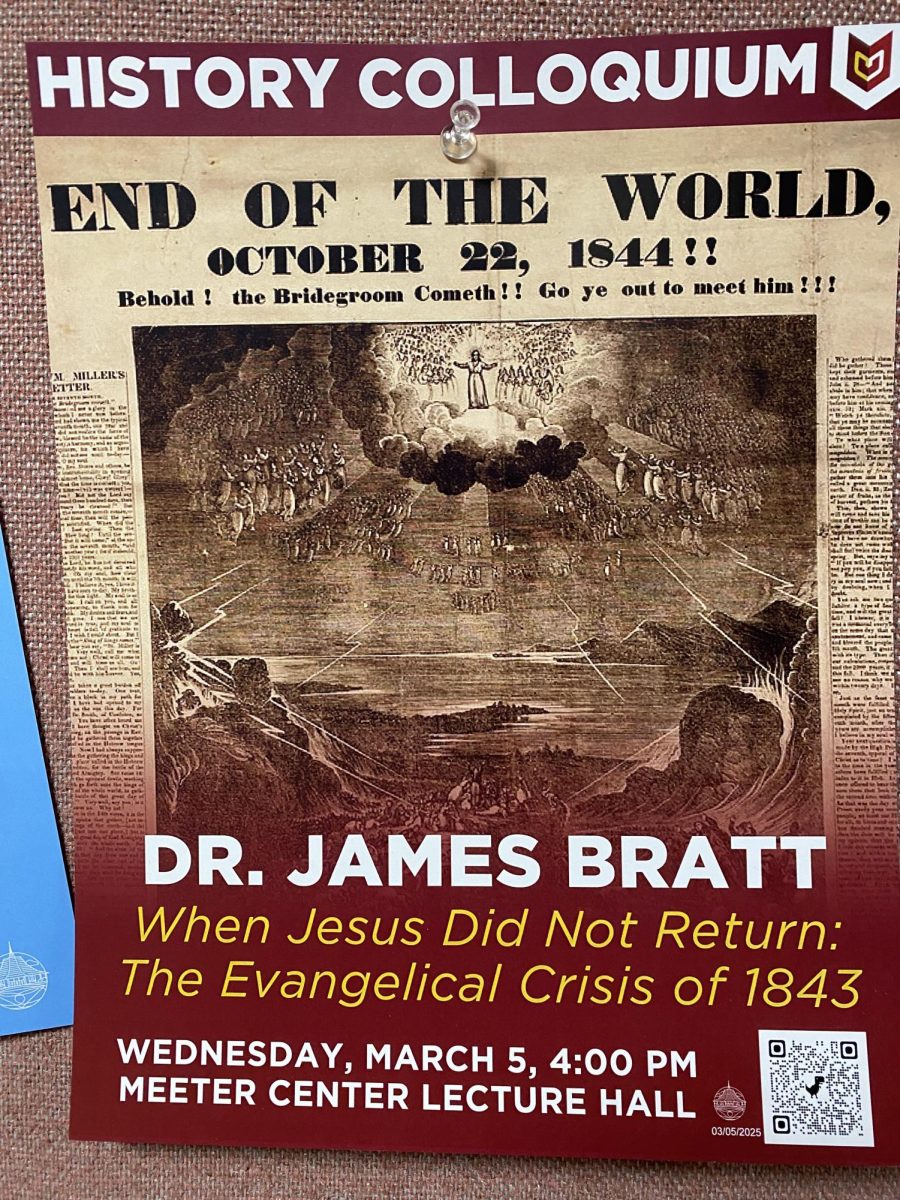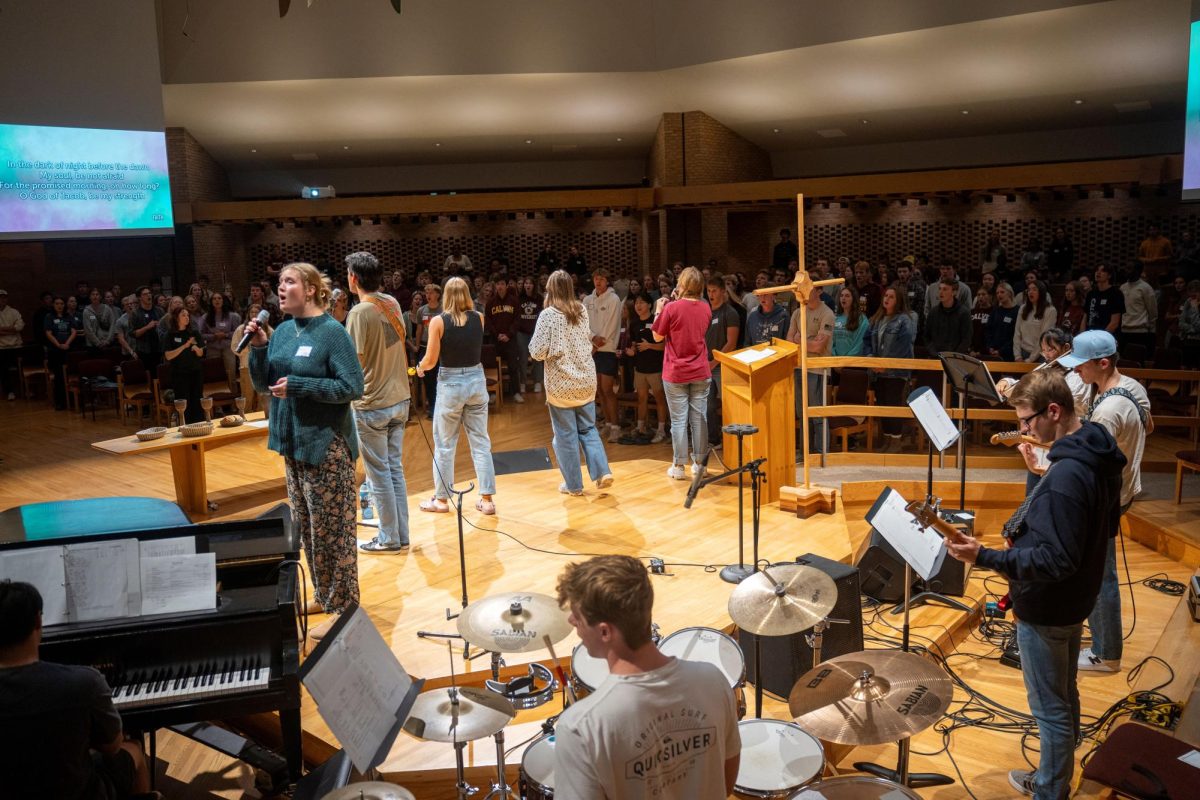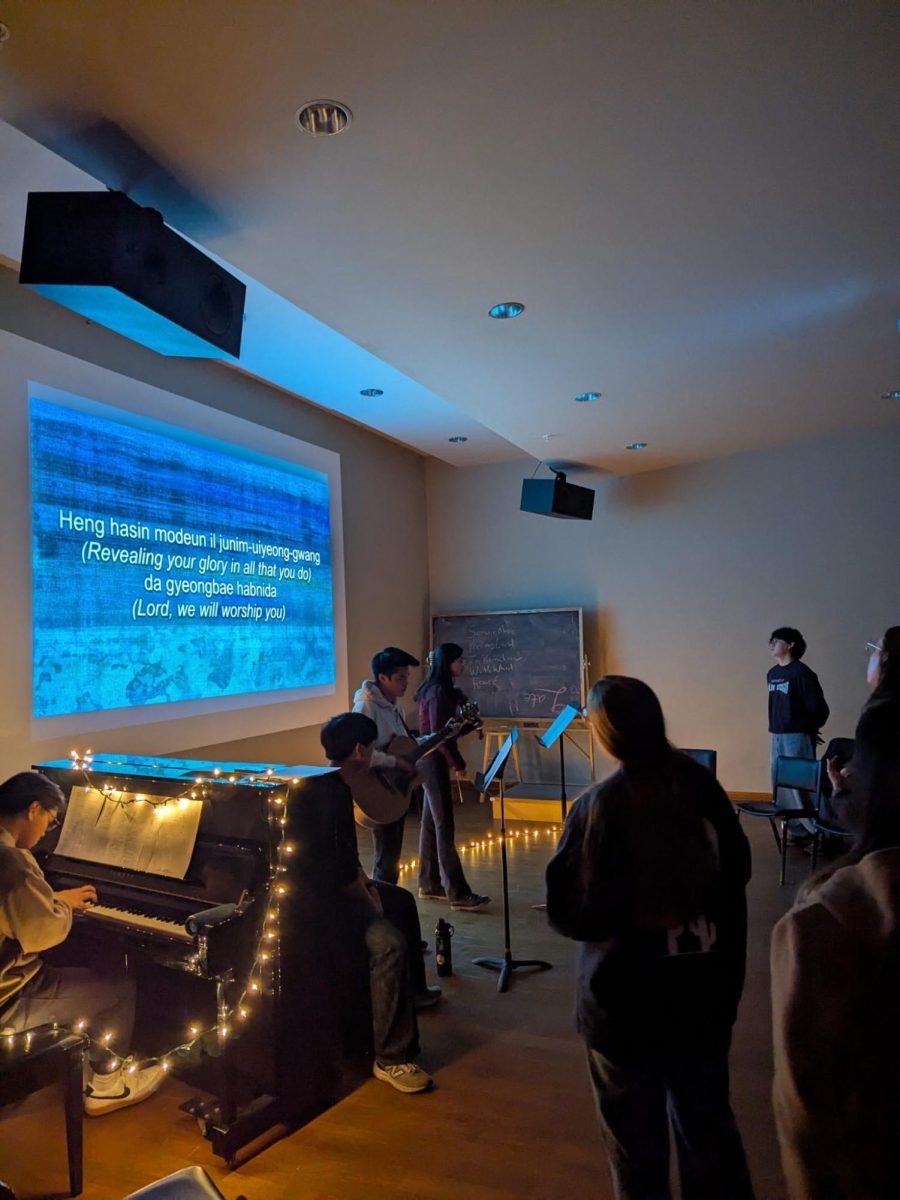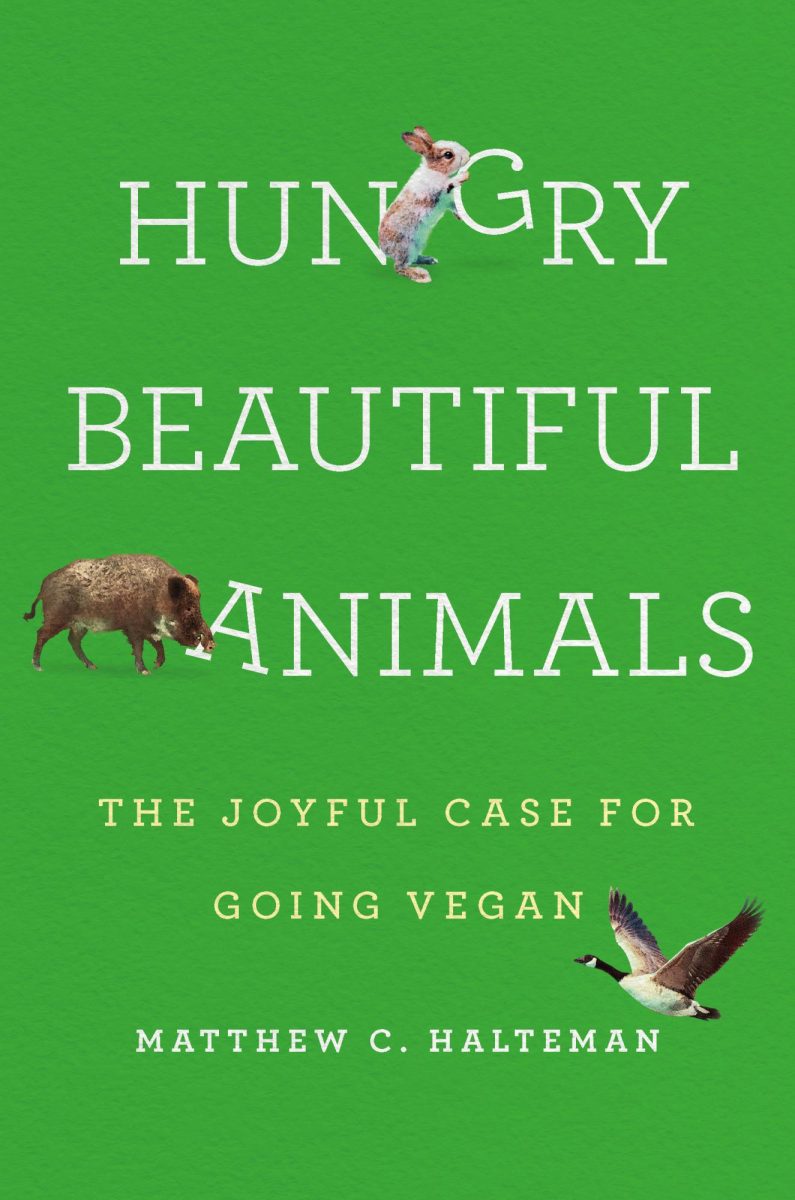Just days ago, over 3.7 million individuals stood unified in France with numerous signs reading, “Je suis Charlie.” The words — translated as “I am Charlie” — are written in solidarity with satirically-themed magazine Charlie Hebdo.
Targeted by Muslim extremists identifying with Islamic State, Charlie Hebdo suffered several losses to their staff along with various police officers and citizens throughout France.
The perpetrators attribute the instigation of their attack to insensitive depictions of prophet Muhammad and Allah.
Though the attacks seem religiously decisive, France gathered in solidarity and embraced members of all religious backgrounds. The unity raises a number of questions and possibilities for religious tolerance and integration.
One trend that might be long-lasting is religious tolerance. The people of France, whether Jewish, Christian, Muslim or of another faith background, decided to suspend differences for a rally around anti-violence, a gathering that was one of the largest in French history.
In addition, the media and the public are exploring the issue of sensitivity. Mentioned earlier was Charlie Hebdo, the magazine that published religiously-themed content deemed offensive by Islamic extremists.
Since the terrorist attacks, individuals have re-visited conversations at the intersection of freedom of speech and religious activity.
Another issue stemming from the incident is the possibility of unification among and between religious groups. World leaders and native French people alike gathered, identifying common ground on which they all stood.
In the end, it seems that actions originally perceived as religiously divisive pushed many toward unity.
This action speaks to the extent of human potential; France and those in agreement seem to have demonstrated the ability to distinguish between the actions of a few religious extremists and the beliefs of an entire religious collective.
In the end, many French held signs supportive of this belief saying, “We are all French.”






